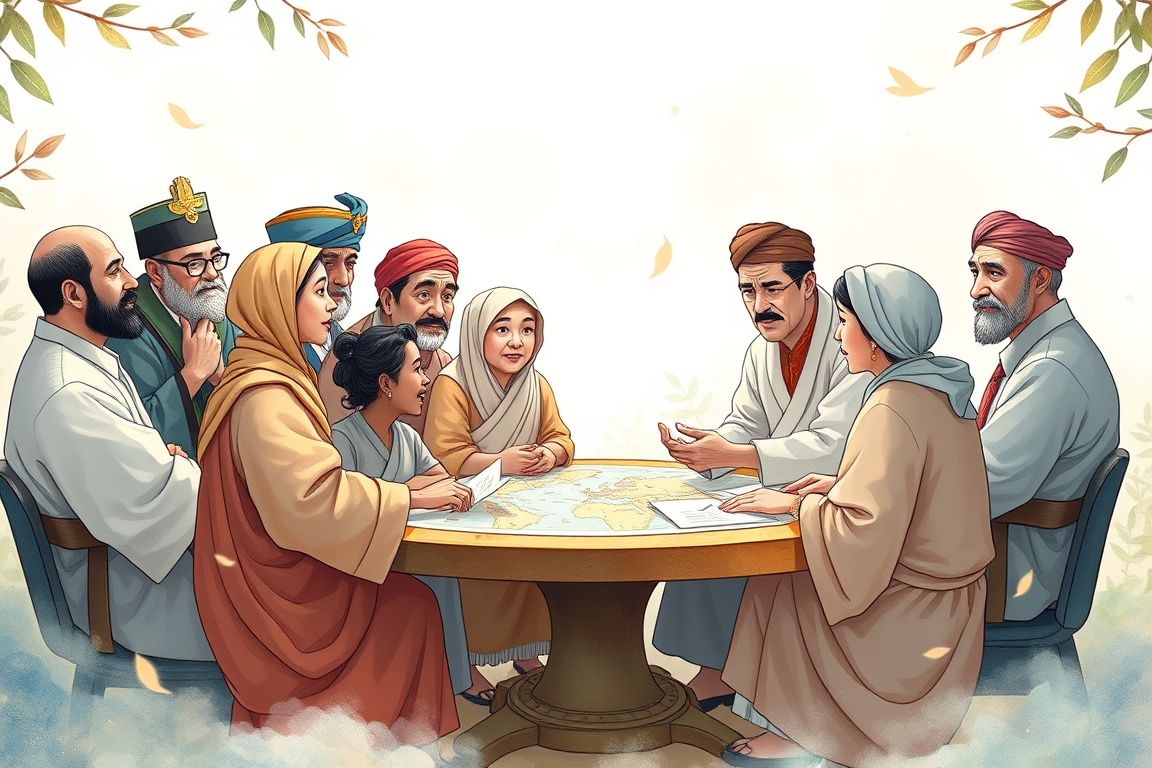International Perspectives on Government Structures
Why It’s Worth It
Gain a comprehensive understanding of various global government structures, enhancing your analytical skills.
Develop the ability to compare and contrast political systems in different regions, aiding in academic or professional pursuits.
Stay informed about how historical and cultural contexts impact contemporary politics, equipping you for discussions on global governance.
Your Learning Roadmap
Foundations of Comparative Government
This module introduces students to the fundamental principles used to compare and analyze different government structures across the globe. It sets the stage for understanding how historical, cultural, and socio-economic factors shape political systems. Students will gain skills in comparative analysis and learn how to evaluate political institutions effectively. Overview of Government Systems Key Concepts in Comparative Politics Evolution of Government Structures
Government Structures in Europe
This module focuses on the unique characteristics of European political systems. It will explore the differences between parliamentary and presidential systems as well as the dynamics of federal and unitary states in Europe. Students will develop a deep understanding of how historical legacies and regional integration, such as through the European Union, shape government structures on the continent. Parliamentary vs. Presidential Systems Federalism and Unitary States EU Governance and Supranational Dynamics
Government Innovations in Asia
This module provides insight into the rich political tapestry of Asia, examining both long-standing traditions and recent innovations. Students will learn about the impact of historical customs and modern pressures on the evolution of government forms in the region. Through comparative case studies, learners will gain an understanding of how various Asian nations blend traditional governance with contemporary demands. Traditional Influences and Modern Reforms Democratic Transitions and Authoritarian Persistence Regional Diversity and Local Governance
Government Structures in the Americas
This module focuses on the unique political landscape of the Americas, examining how historical contexts and cultural factors have shaped diverse governmental forms. Students will contrast the federal systems of the United States with the varied models found in Latin America. The module integrates comparative case studies to provide a clear picture of governance across this region. U.S. Federalism and the Presidential System Latin American Political Systems and Populism Comparative Case Studies in North and South America
Comparative Analysis and Future Trends
This final module synthesizes insights from comparative political studies to forecast future trends in governmental systems. Students will learn how to employ comparative tools and methodologies to assess emerging governmental models. The module invites critical thinking about how globalization, technological change, and evolving public expectations may influence the design of future political institutions. Comparative Tools and Methodologies Globalization and Its Impact on Government Structures Predictions for Emerging Governmental Models
What Users Are Saying
All You Need to Know
Join the Global Governance Study
Real-time interactive education with an AI assistant.
Learn at your own pace, anytime, anywhere.
In-depth analysis of governance in Europe, Asia, and the Americas.
Engaging discussions on global government trends.
Hands-on exercises for practical understanding.
Comparative tools and methodologies for effective analysis.

